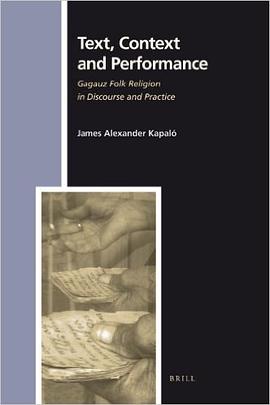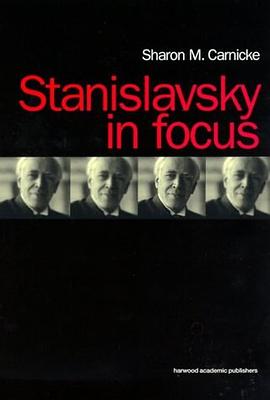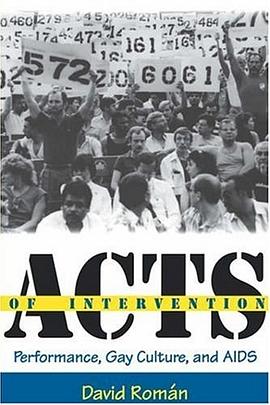

Linking actual instances of language use with structures of social power in francophone Belgium, Gross outlines the history and contemporary configuration of rod puppetry in Liège. The analysis of this working class performance art moves between what occurs on and off stage. As puppeteers speak in other voices, sometimes in Walloon and sometimes in French, they create a sociolinguistic model based on 19th century renditions of medieval texts, the voices of past puppeteers, and the language that surrounds them. The high level of linguistic reflexivity created by the regional language movement has led to frequent metalinguistic and metapragmatic commentaries within the puppet shows. This complex speech genre embedded in social context shows the influence of identity struggles: from local class oppositions to imperial designs abroad. Keeping a tight focus on language, Speaking in Other Voices examines the process of entextualization and recontextualization as stories of war and religion are transmitted to succeeding generations.
具體描述
讀後感
評分
評分
評分
評分
用戶評價
相關圖書
本站所有內容均為互聯網搜索引擎提供的公開搜索信息,本站不存儲任何數據與內容,任何內容與數據均與本站無關,如有需要請聯繫相關搜索引擎包括但不限於百度,google,bing,sogou 等
© 2025 book.quotespace.org All Rights Reserved. 小美書屋 版权所有




















